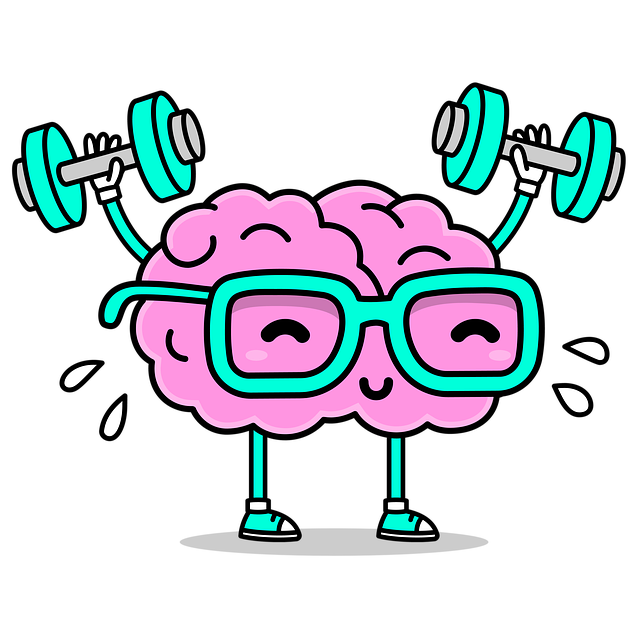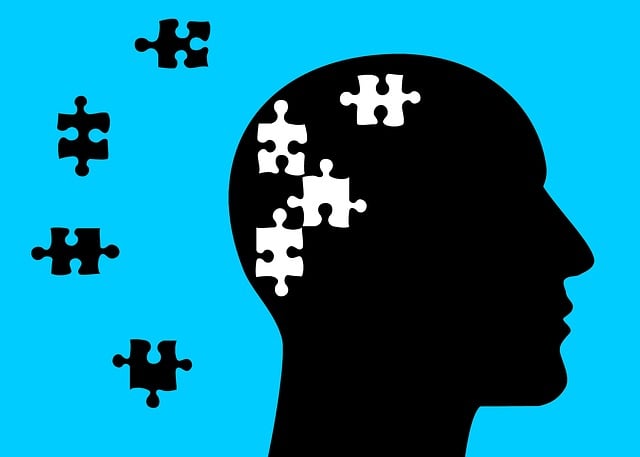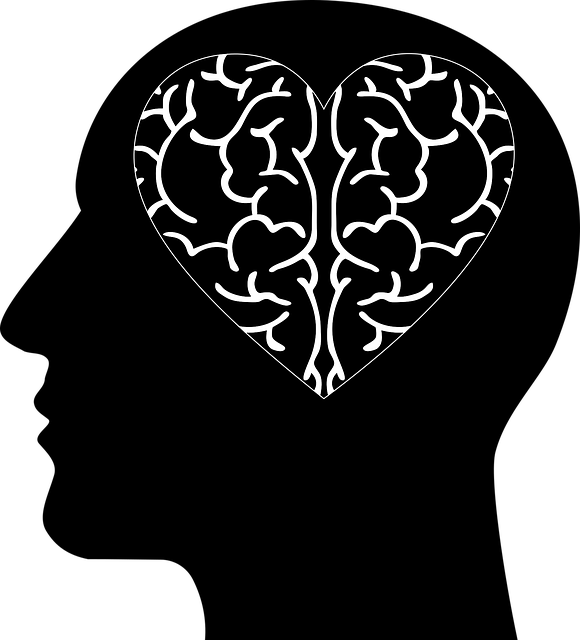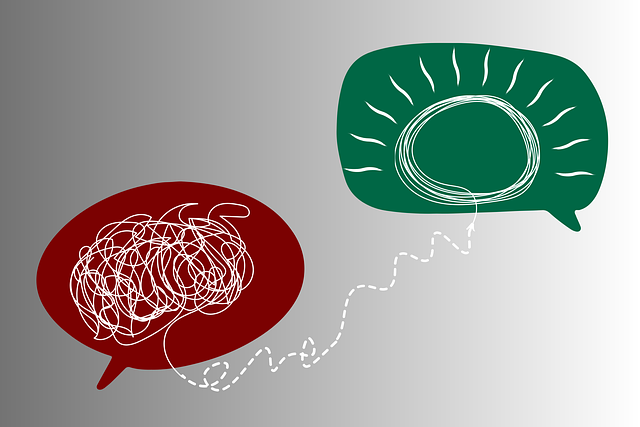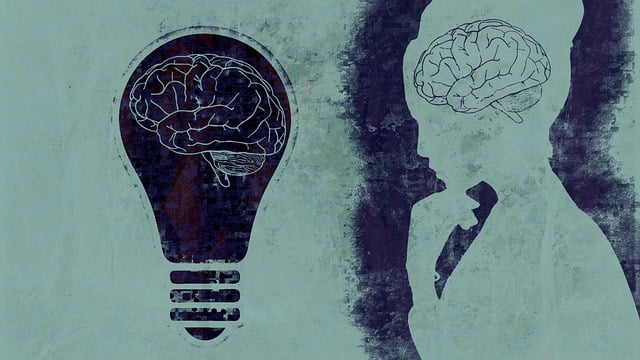Resilience, crucial for mental well-being, is enhanced through Superior EMDR Certified Therapy, which processes traumatic memories and reduces distress. Combining mindfulness meditation with evidence-based practices, this therapy builds positive mindsets, improves emotional regulation, and strengthens recovery capacities. The RFM framework, integrating trauma support services and healthcare provider cultural competency training, offers a holistic approach for diverse backgrounds. Tailored resilience-building exercises, starting with risk assessment, are culturally sensitive and adaptable to individual needs. Success is measured through combined therapy, self-esteem improvement, and mental wellness journaling, ensuring continuous enhancement of mental well-being over time.
“Unleash your inner strength with an exploration of RFM (Resilience, Flexibility, and Mastery) techniques and their profound impact on well-being. This article delves into the transformative power of building resilience, particularly through superior EMDR (Eye Movement Desensitization and Reprocessing) certified therapy. We’ll uncover how RFM strengthens emotional coping mechanisms, offering effective trauma healing. Learn about tailored resilience exercises and evaluation methods to measure success. Discover a roadmap to navigating life’s challenges with enhanced resilience.”
- Understanding Resilience and Its Impact on Well-being
- The Role of RFM in Strengthening Emotional Coping Mechanisms
- Implementing EMDR Therapy for Effective Trauma Healing
- Designing Customized Resilience Building Exercises
- Measuring Success: Evaluation and Follow-up Strategies
Understanding Resilience and Its Impact on Well-being

Resilience is the ability to adapt and bounce back from adversity, stress, or trauma. It’s a crucial factor in maintaining mental well-being and overall quality of life. Understanding resilience allows us to recognize its protective effects against various psychological conditions, including burnout prevention. When individuals develop resilience, they gain a sense of control over their lives, enhance coping mechanisms, and build inner strength to navigate challenging situations.
Superior EMDR Certified Therapy is one such powerful tool that facilitates resilience building. Through targeted interventions, this therapeutic approach helps individuals process traumatic memories and reduce the impact of distressing events. By combining elements of mindfulness meditation and other evidence-based practices, EMDR therapy empowers folks to cultivate a positive mindset, improve emotional regulation, and strengthen their capacity for recovery. This, in turn, can lead to enhanced resilience, enabling people to face life’s hurdles with greater ease and confidence.
The Role of RFM in Strengthening Emotional Coping Mechanisms

The Role of RFM in Strengthening Emotional Coping Mechanisms
In today’s fast-paced and often stressful world, emotional resilience is a cornerstone for overall well-being. Here, Resources, Facilities, and Methods (RFM) play a pivotal role in fostering this resilience through targeted interventions. By integrating superior EMDR Certified Therapy alongside comprehensive Trauma Support Services, individuals can develop robust emotional coping mechanisms that stand the test of time. This holistic approach not only empowers people to navigate life’s challenges but also equips them with lasting strategies for stress management and mental health upkeep.
Healthcare Provider Cultural Competency Training is another crucial aspect that enhances the effectiveness of RFM interventions. By understanding and addressing cultural nuances, healthcare providers can tailor emotional well-being promotion techniques to meet diverse client needs. This personalized approach ensures that resilience-building exercises resonate with individuals from various backgrounds, fostering deeper engagement and positive outcomes in their emotional journeys.
Implementing EMDR Therapy for Effective Trauma Healing

Implementing EMDR Therapy for Effective Trauma Healing
Superior EMDR Certified therapy has emerged as a powerful tool in trauma support services, offering effective solutions for individuals seeking to overcome past traumatic experiences. This innovative approach, backed by extensive research, facilitates the brain’s natural healing process. By focusing on specific memories and emotions associated with trauma, EMDR therapy helps clients reprocess and resolve these distressing events. This, in turn, leads to significant improvements in mental health and overall well-being.
The benefits of EMDR extend beyond trauma support services, encompassing confidence boosting and stress reduction methods. Through a structured eight-phase approach, certified therapists guide individuals through the process of identifying traumatic memories, generating new coping strategies, and achieving a state of balance and resilience. This tailored therapy not only aids in healing but also equips clients with valuable skills to navigate future challenges, fostering a sense of empowerment and emotional stability.
Designing Customized Resilience Building Exercises

Designing Customized Resilience Building Exercises plays a pivotal role in enhancing mental health and well-being, especially for those seeking Superior EMDR Certified Therapy. The process begins with a thorough Risk Assessment for Mental Health Professionals, considering individual needs, vulnerabilities, and strengths. This assessment guides the creation of tailored interventions aimed at strengthening resilience.
Effective exercises incorporate Cultural Sensitivity in Mental Healthcare Practice, ensuring they resonate with diverse backgrounds and beliefs. By integrating these considerations into risk management planning, mental health professionals can develop comprehensive strategies that foster resilience. These exercises are not one-size-fits-all; instead, they are designed to be flexible, adaptable, and responsive to the unique context of each client’s journey towards improved mental health.
Measuring Success: Evaluation and Follow-up Strategies

Measuring success is an integral part of any resilience-building program, ensuring that efforts translate into tangible improvements in participants’ lives. For exercises like EMDR (Eye Movement Desensitization and Reprocessing) certified therapy, a superior approach can be tailored to individual needs. By combining this with self-esteem improvement strategies and mental wellness journaling exercises, the impact is amplified. Regular evaluation allows for adjustments, tailoring interventions precisely to overcome specific challenges.
Follow-up strategies should involve periodic check-ins, where participants reflect on their progress, setting new goals, and identifying areas that may require further support. This continuous cycle of assessment and adaptation ensures that mental illness stigma reduction efforts remain effective and that participants are empowered to maintain and enhance their mental wellness over time.
Resilience is a powerful tool for enhancing well-being, especially in the face of trauma. By combining the insights from Understanding Resilience, the Role of RFM, Implementing EMDR Therapy (a superior EMDR certified therapy), and Designing Customized Resilience Building Exercises, individuals can effectively navigate life’s challenges. Measuring success through evaluation and follow-up strategies ensures these exercises truly foster emotional coping mechanisms and promote healing. This holistic approach to building resilience empowers folks to thrive, not just survive.

